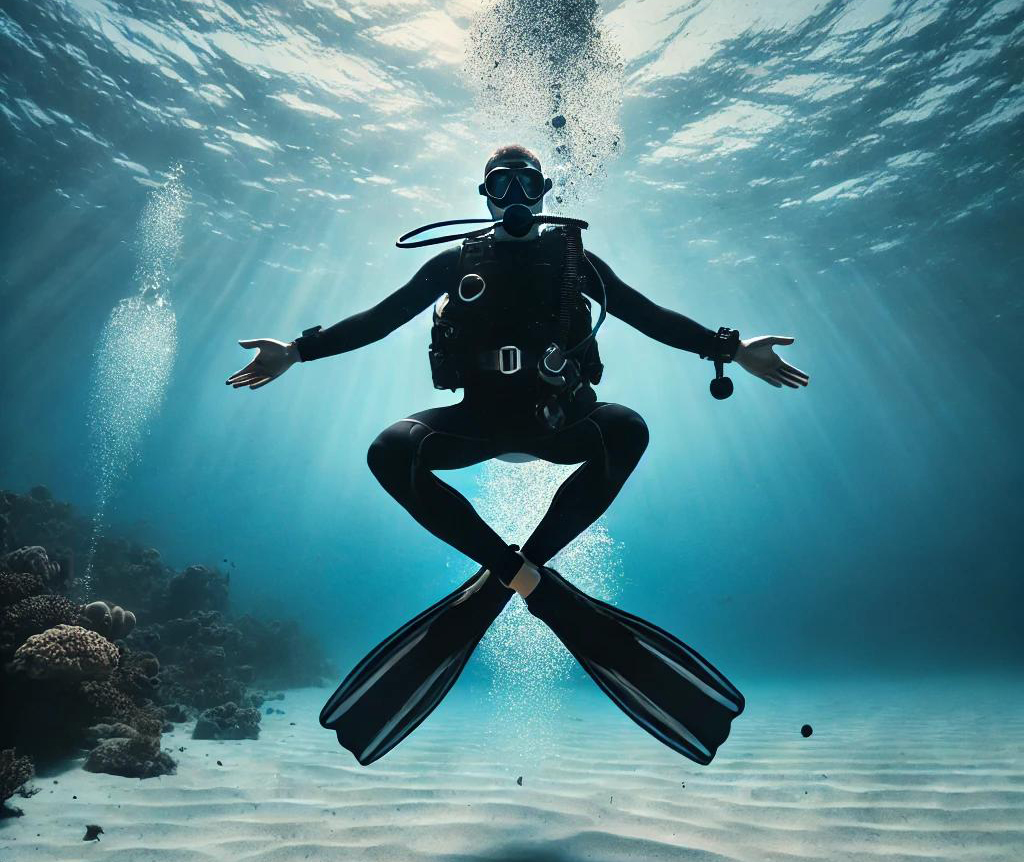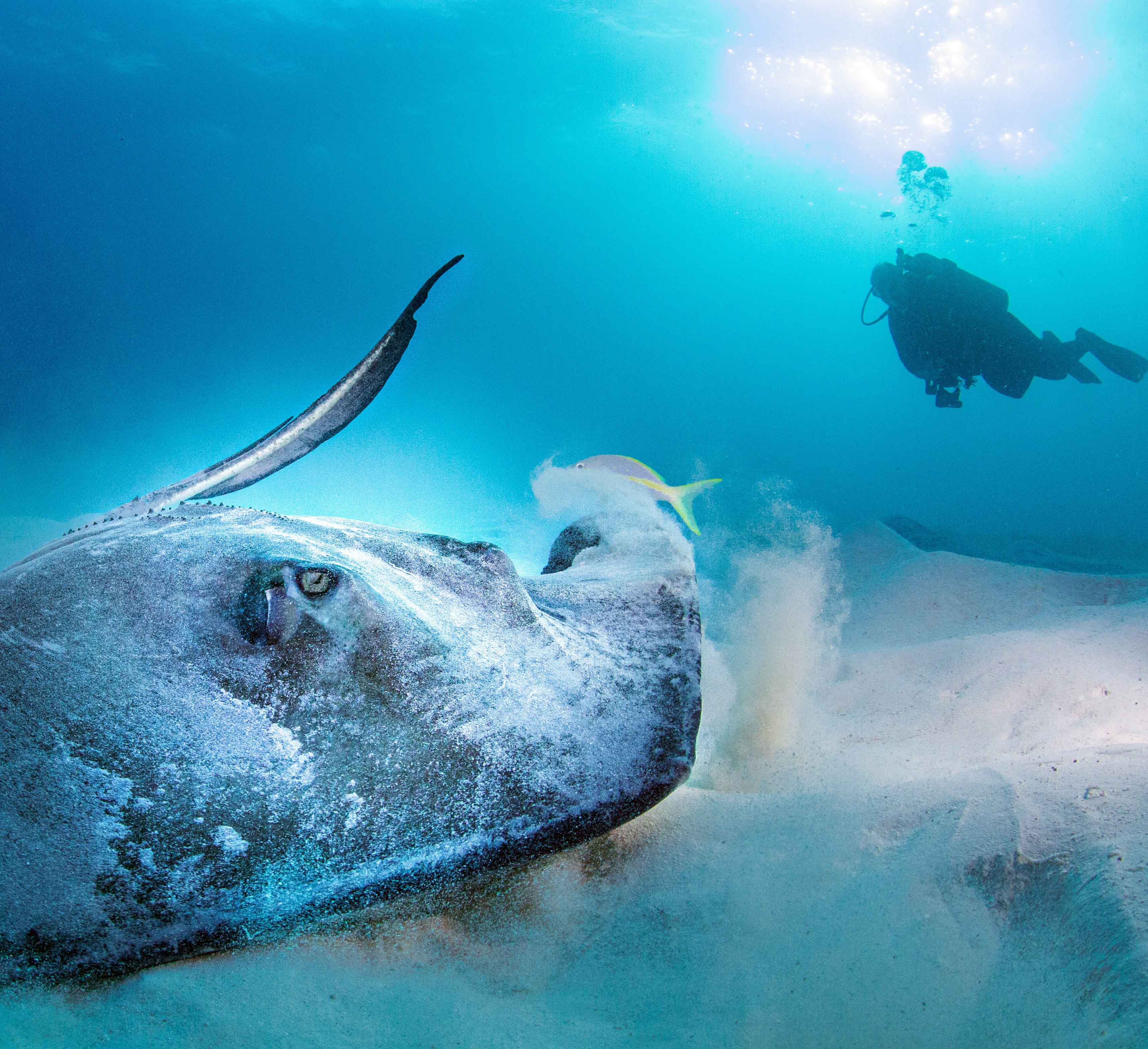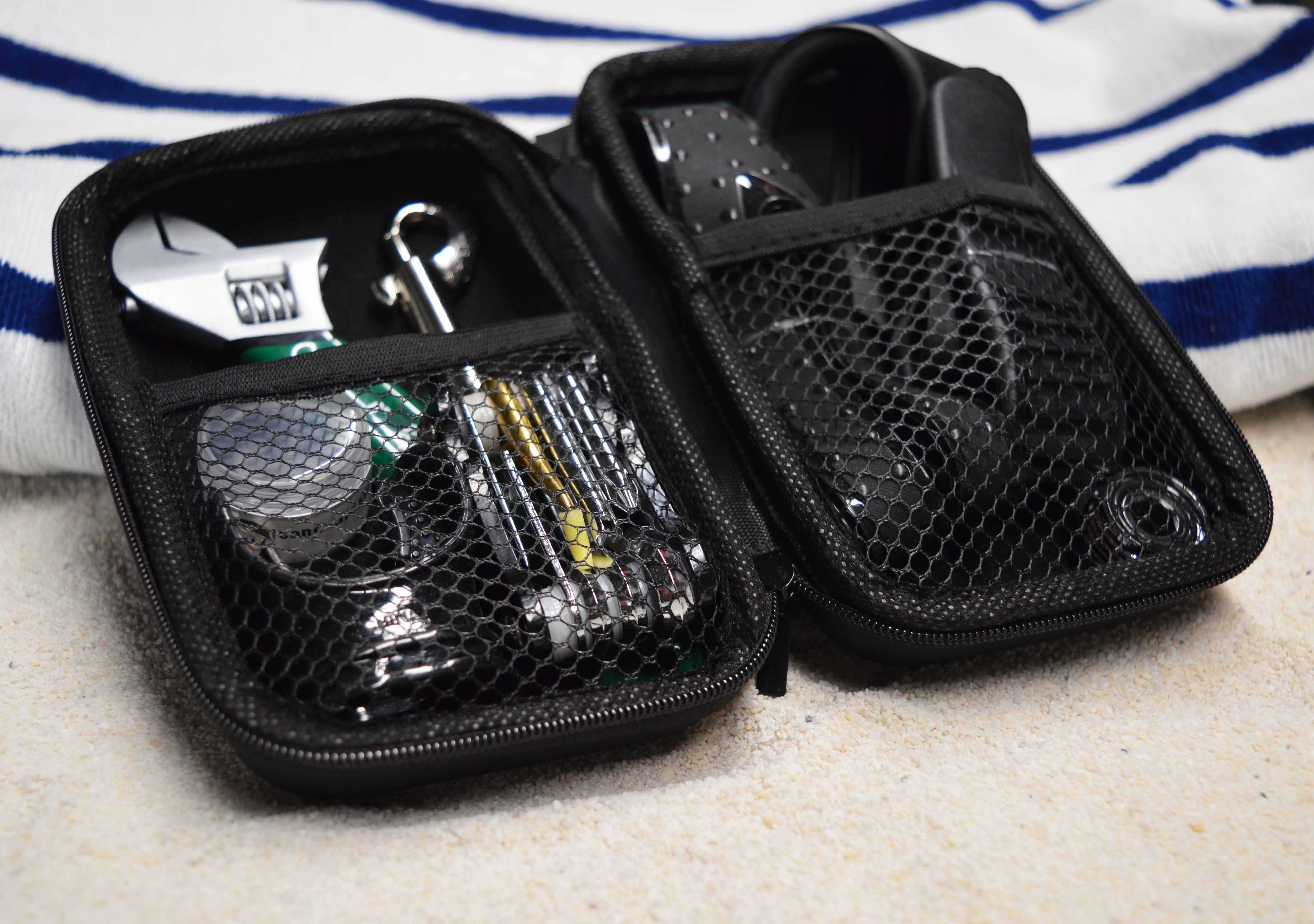5 Ways to Improve Buoyancy While Scuba Diving
TheScubaDirectory ⋅ January 31, 2025

1. Master Proper Weighting
One of the most important factors in buoyancy control is ensuring that you are properly weighted. Too much weight makes it difficult to achieve neutral buoyancy, causing you to sink and waste energy. On the other hand, too little weight will result in constant effort to stay submerged. Always do a proper weight check before every dive, and adjust based on the dive environment (saltwater vs. freshwater) and your exposure suit.
2. Control Your Breathing
Your lungs act as natural buoyancy devices. Controlling your breathing is key to fine-tuning buoyancy while diving. Take slow, deep breaths to ascend slightly, and exhale fully to descend. The more controlled your breathing, the better you will manage your buoyancy with minimal effort.
3. Use Your BCD Efficiently
Your Buoyancy Control Device (BCD) is there to help you adjust your buoyancy throughout the dive. Avoid over-inflating your BCD, as it can cause you to ascend too quickly. Instead, make small adjustments when needed and rely on your breathing to make finer buoyancy changes. Practice controlling your BCD in shallow water to get used to its responsiveness.
Essential Gear
4. Streamline Your Body and Gear
A streamlined position in the water not only improves your efficiency but also helps with buoyancy. Keep your arms close to your body and minimize movement. Ensure that your gear, such as hoses and accessories, are secured to avoid drag, which can negatively affect your buoyancy. The more streamlined you are, the easier it is to maintain neutral buoyancy.
5. Stay Relaxed and Minimize Movement
Stress and excessive movement can cause you to use more air and disrupt your buoyancy. Stay calm, relaxed, and move slowly to maintain control. Scuba diving is all about efficiency—smooth and deliberate movements will help you stay neutrally buoyant for longer periods.
Improving your buoyancy will make your dives more enjoyable, efficient, and safe. Practice these techniques regularly, and you’ll soon master buoyancy control, allowing you to have longer and more relaxed dives.


